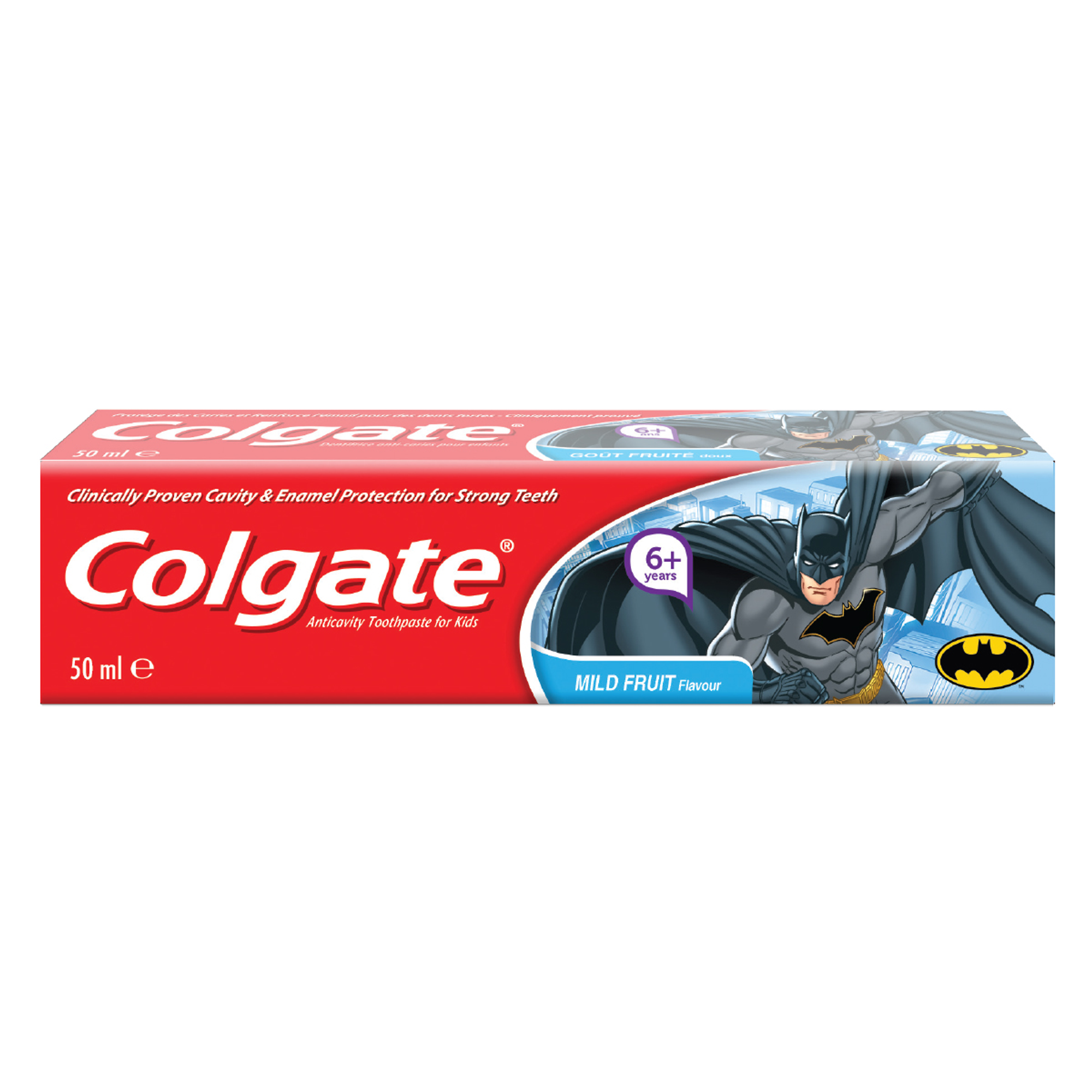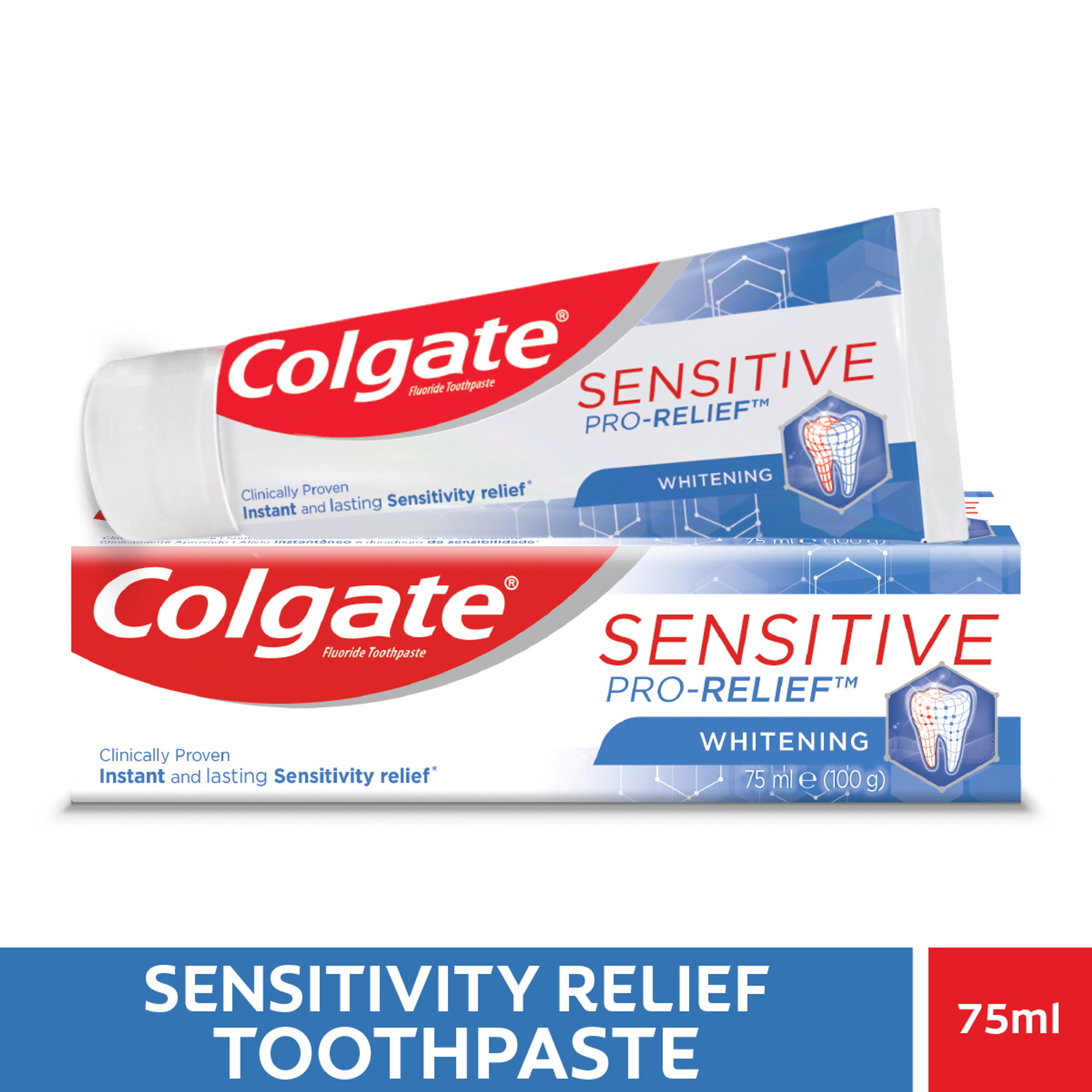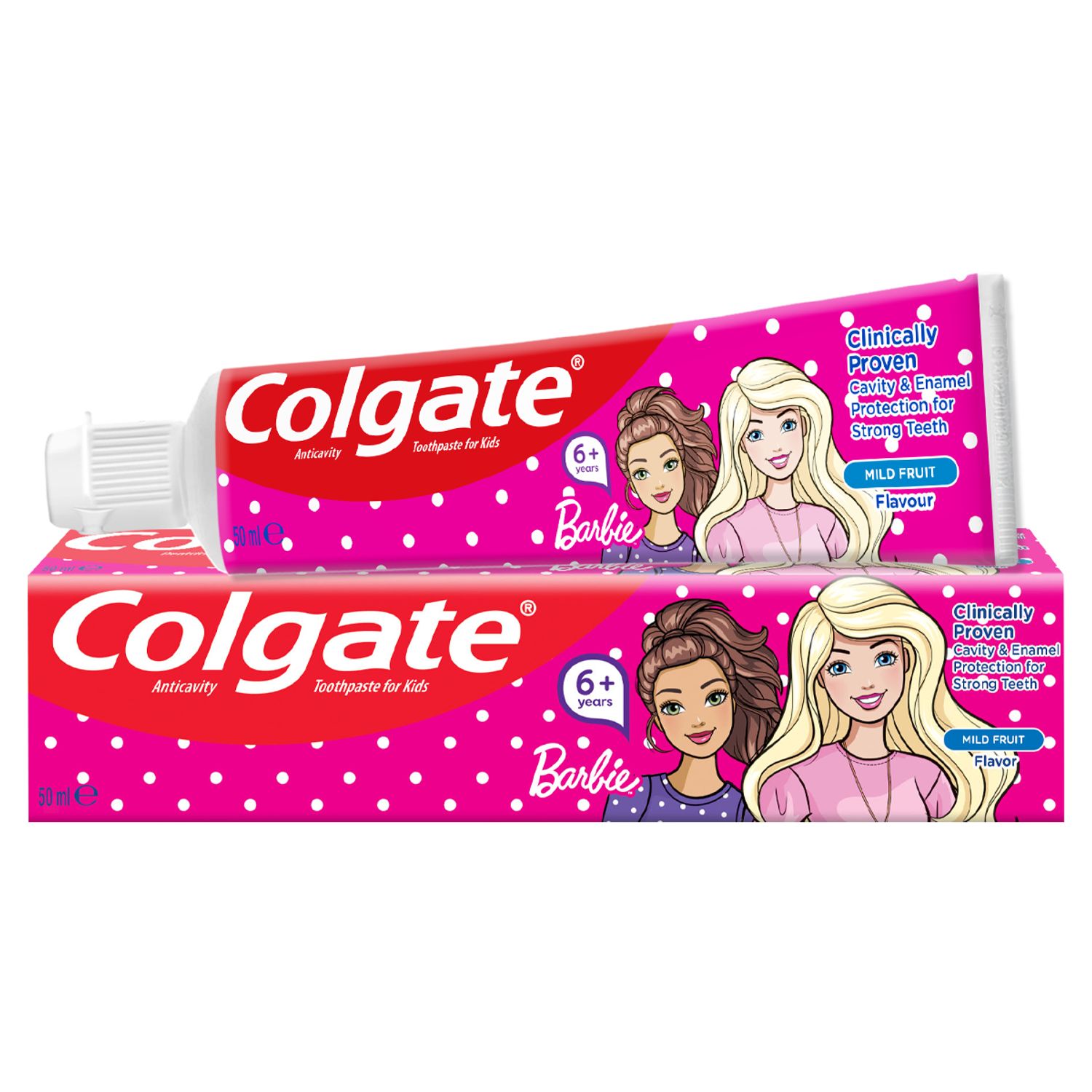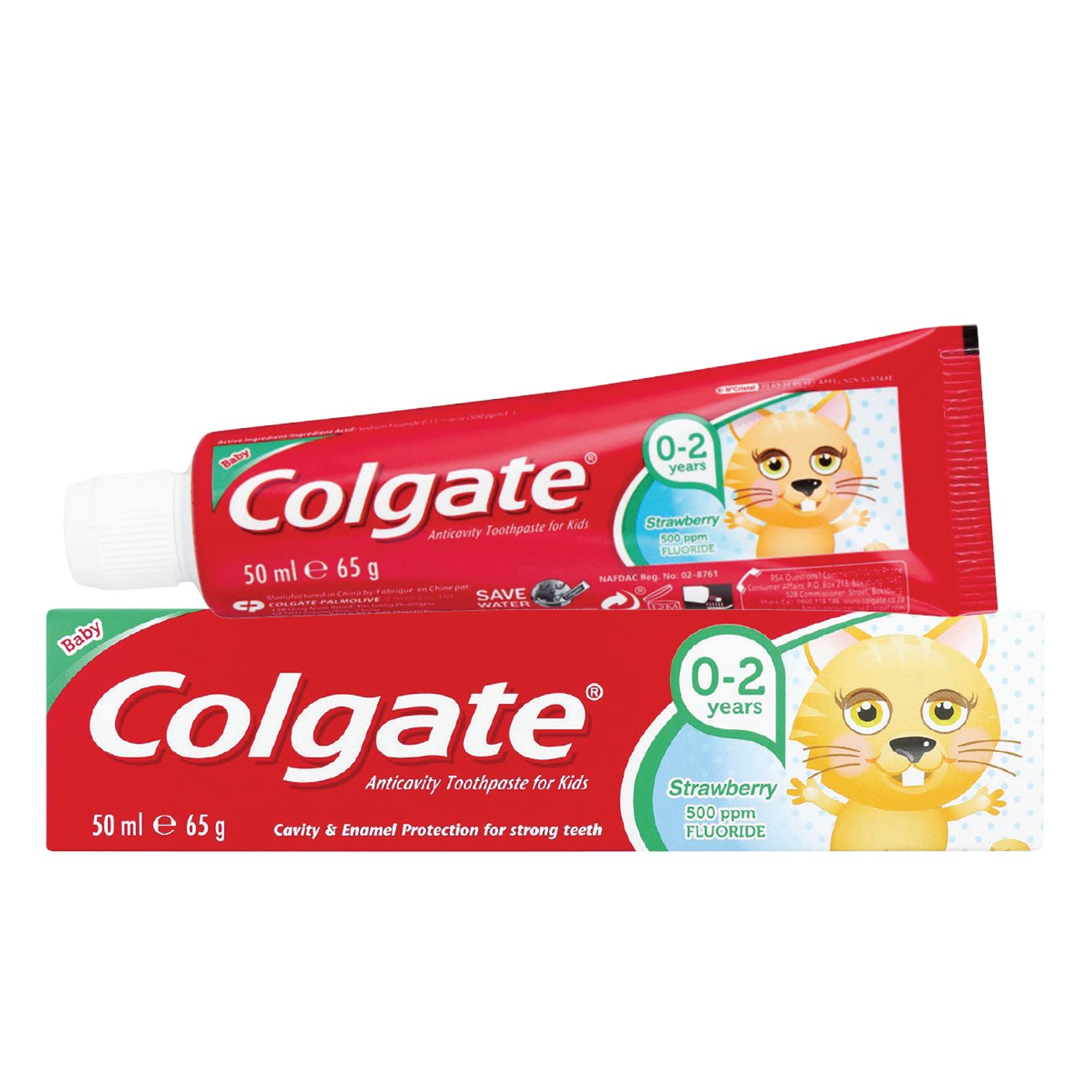-
-

CAVITIES
Can You Heal A Cavity At Home?You feel a sharp pain when you bite down or try to eat. You think it's a cavity, but you're not 100 percent sure...

BAD BREATH
How To Cure Bad BreathMore commonly known as bad breath, halitosis is an embarrassing hygiene issue that nobody wants, but some of us get every now and then...
-
Science & Innovation
- Colgate® | Toothpaste, Toothbrushes & Oral Care Resources
- Oral Health
- Glycerin for Baby's Mouth: Do Dentists Recommend It?


As a new parent, caring for your infant's mouth should start as soon as you are home from the hospital. In fact, that is when you can begin developing your child's lifelong dental health habits. Although you may know some parents who use glycerin for baby's mouth hygiene, always check with your dentist or paediatrician about the safety of any product before using it on your child.
What Is Glycerin?
Glycerin, also sometimes referred to as glycerol, is a colourless, syrupy liquid with a somewhat sweet taste. Synthetic glycerin makes toothpastes creamy, sweetens cough drops, and is the moisturising ingredient found in body and facial creams. Eyewash solutions and saliva substitutes also contain glycerin, as do laxatives, ear wax removal products and many medications. It can also be found in some products for toddlers.
Pharmaceutical products with glycerin have a low risk of being toxic and are classified as GRAS (generally recognised as safe). You should still discourage small children from swallowing large amounts of toothpaste or mouthwash, however, due to the sweetener's and the flouride's potential to cause an upset stomach.
Professional Recommendations for Cleaning Baby's Mouth
While some parents may prefer cleaning their baby's mouth with glycerin, the Dental professionals recommend using water to clean a baby's gums and tongue. Here's the professionally accepted oral care routine you can implement for your baby:
- Using a wet washcloth or piece of gauze dampened with water, clean your baby's gums and tongue twice a day – after breakfast and after the last feeding at night. You can wrap the gauze around your finger to make cleaning easier or purchase terrycloth finger cots at your local pharmacy.
- When your baby's first tooth appears (around 6 months of age), you can start cleaning with a smear of fluoride toothpaste the size of a grain of rice on a soft-bristled baby toothbrush, or on gauze if you find it easier.
- The amount of fluoride toothpaste can be increased to a pea-sized dab for children 3 to 6 years of age, but make sure they are spitting out the excess toothpaste after they have brushed their teeth.
- Schedule a dental appointment before your baby's first birthday. At this time, your dentist can answer any questions you have about teething or sucking habits, and your baby can get used to the dentist's office. After the first appointment, regularly scheduled visits are important so your dental team can monitor the development of your child's rapidly growing teeth and jaws.
- You can begin flossing your child's teeth when teeth have grown in that are touching each other.
- Replace your child's toothbrush every 3 to 4 months, or when the bristles begin to fray.
Continue brushing your child's teeth until you feel that they are able to handle the job on their own, which may be somewhere between 4 and 8 years old. Even then, children may need supervision to make sure they spend enough time and are brushing thoroughly.
As soon as their first tooth erupts, babies are susceptible to tooth cavities. If you decide to use glycerin for baby's mouth instead of water, once the first little pearly white debuts, it would be wise to follow the advice of a dental professional and switch to a cleaning regimen that includes a small bit of fluoride toothpaste as recommended by the SADA.
Related Products

Helping dental professionals
More professionals across the world trust Colgate. Find resources, products, and information to give your patients a healthier future











